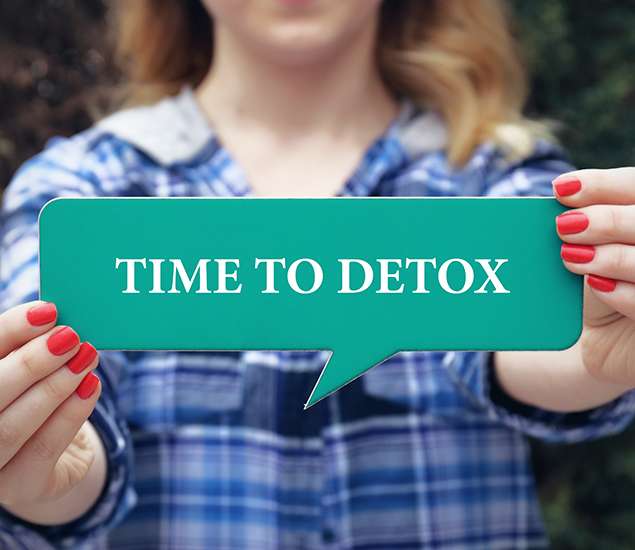Public Health Statistics and the Need for Alcohol Detoxification
According to SAMSHA, there are around 23.5 million people in the United States over the age of 12 who need treatment for drug or alcohol abuse. Unfortunately, only a small percentage of these — 11.2, to be exact — received treatment in an actual facility.
Additionally, more than 16 percent of people who responded to the National Household Survey on Drug Abuse said that they had used illicit drugs in the past year alone. Also, 22 percent of Americans over the age of 18 have binge drank in the past year, and 20 percent have smoked cigarettes in the last month. In other words, Americans are no strangers to drug use and addiction. If you are an alcoholic, there is no shame in seeking help to recover. The first step is to admit that you have a problem and to understand that you are one of millions of people who are addicted and in need of help. There is no reason to feel embarrassed, but you have the option for regaining control over your life. At Joel Nathan, MD, we can show you how to do so through an effective alcohol detoxification program.
Excessive Drinking Leads to Physical Changes
At Joel Nathan, MD, we warn addicts and concerned family members that drinking too much alcohol can cause actual physical changes and these changes make it harder to get clean. One of the well-known challenges with many drugs is that they create a tolerance in the system, where an addict needs to continue to increase the amount that they use along with the frequency in order to sustain a tolerable mental and emotional state. This is one of the reasons why people who begin drinking on a casual basis end up being an addict, with alcohol having taken control of their daily actions and lifestyle.
Medication as Part of a New York, NY Alcohol Detoxification Plan
Disulfiram, Acamprosate, and Naltrexone can all be useful in helping patients recover from an alcohol addiction. They function in different ways and help by blocking opioid receptors that reward drinking, reducing withdrawal symptoms, limiting feelings of unhappiness, or even causing a bad physical reaction when a person drinks. If you are addicted to alcohol, you need to speak with a trained professional to determine which one (if any) of these medications could be useful in helping to recover. In some cases, you may end up trying more than one.
Additionally, if you are also addicted to tobacco, there are medications you can use to help you detox from tobacco at the same time. Most people are familiar with the tools used to treat this addiction. Whether you are trying gum, the patch, or an oral medication, they can help reduce the cravings and prevent a relapse.


